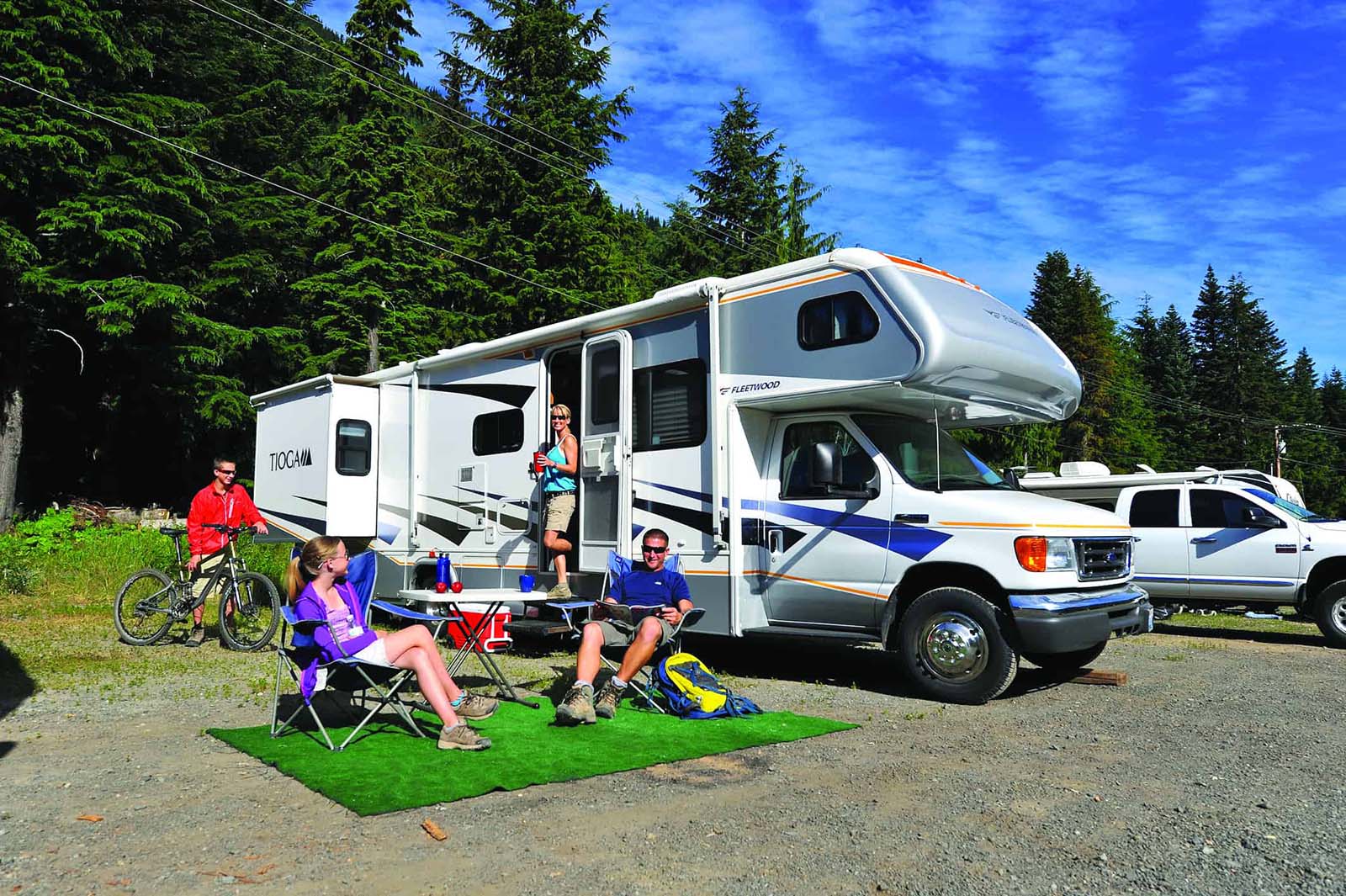Title: Reasons for RV Batteries Not Holding a Charge: Troubleshooting and Solutions

Introduction: Having an RV battery that doesn’t hold a charge can be frustrating for any recreational vehicle owner. This article will explore some common reasons why RV batteries may fail to hold a charge and provide tips for troubleshooting and resolving such issues. By understanding the underlying causes, RV owners can enhance battery performance and enjoy hassle-free trips.
H2: 1. Dead or Aging Battery A primary reason for an RV battery not holding a charge is that it may be approaching the end of its lifespan. Like any other battery, RV batteries have a limited shelf life. Over time, they lose their ability to store and deliver power efficiently. If your battery is old or no longer holding a charge, it is recommended to replace it with a new one specifically designed for RV use.
H2: 2. Parasitic Power Drain Parasitic power drain occurs when certain components or devices inside the RV continue to draw power even when the vehicle is not in use. Common culprits include refrigeration systems, alarm systems, onboard electronics, and faulty wiring. To tackle this issue, inspect and disconnect any unnecessary or faulty devices when the RV is not in use. Additionally, consider installing a battery disconnect switch to completely cut off power supply when the vehicle is idle for an extended period.

H2: 3. Inadequate Battery Maintenance Neglected battery maintenance is another significant cause of RV batteries not holding a charge. Proper care, including regular cleaning and periodic topping off of electrolyte levels, is essential. Check for loose or corroded connections, as they can lead to poor electrical flow. Do not forget to inspect the battery for any signs of damage, such as cracks or bulges. By following a routine maintenance schedule, you can extend the life of your RV battery.
H2: 4. Inefficient Charging System An inefficient charging system can contribute to a battery not holding a charge. Ensure that your RV’s charging system, including the converter, inverter, and solar panels, is functioning correctly. Faulty wiring, loose connections, or a malfunctioning charging unit can prevent the battery from receiving an adequate charge. Consult a professional technician to diagnose and repair any issues with the charging system.
H2: 5. Climate Conditions Extreme weather conditions can affect battery performance. Freezing temperatures can lead to decreased battery capacity, while excessively hot temperatures can accelerate battery aging. To minimize the impact of climate conditions, consider investing in insulation for your RV battery compartment or using a battery blanket to maintain a suitable temperature range. Park your RV in shaded areas if possible to reduce heat absorption.

Conclusion: While a range of factors can contribute to an RV battery not holding a charge, understanding the underlying causes and implementing the appropriate solutions can significantly improve battery performance. Regular maintenance, limiting parasitic power drain, ensuring an efficient charging system, and mitigating the impact of climate conditions are all important steps towards enjoying uninterrupted power supply during your RV adventures. Remember, when in doubt, seek professional assistance for diagnosis and repair to ensure the long-lasting performance of your RV battery.


Іt’s ɡoing to be end of mine daү, but before end I am reaɗing this fantastic article to improve my knowledge.